Turning Point’s Children’s Program incorporates parent education and individualized children’s sessions.
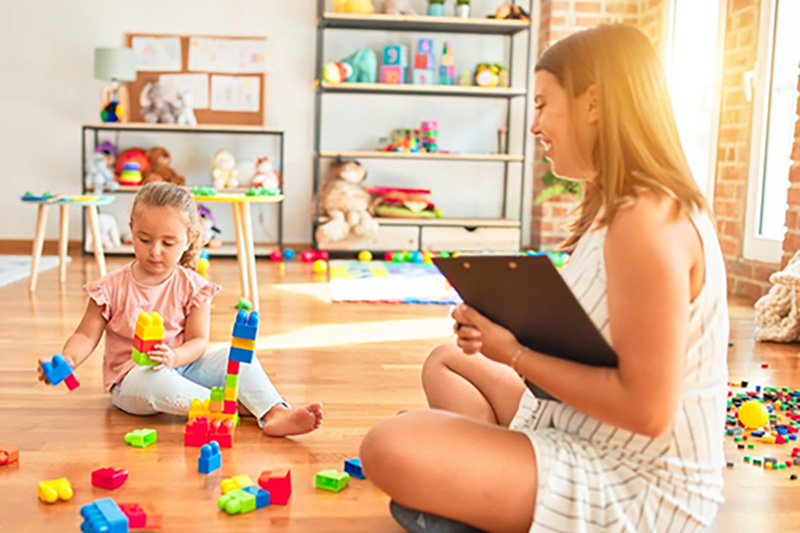
(Help, Encouragement, and Recognition of Observers of Domestic Violence): This specialized program strives to enable children to identify their feelings, understand family violence, gain self-esteem, learn positive anger management, conflict resolution, and safety skills. Six to twelve sessions are provided for children ages 3-18.
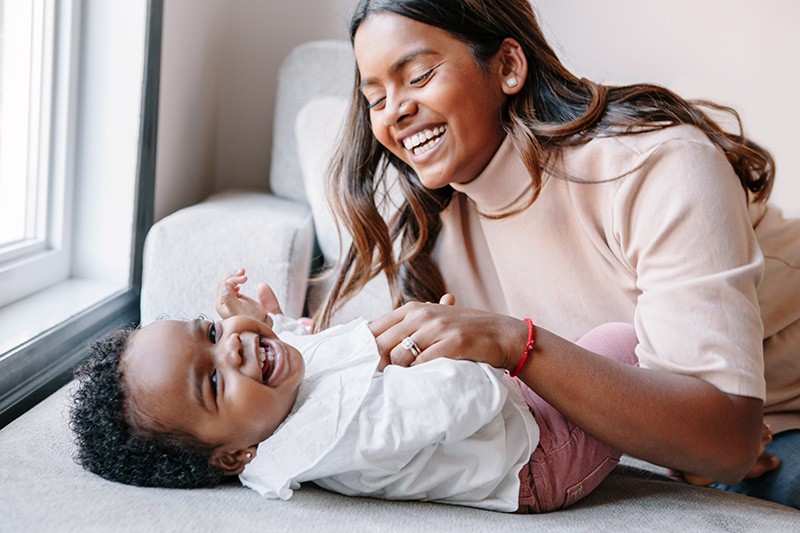
These classes encourage survivors of domestic violence to heal along with their children. Parents learn to support their children by understanding how domestic violence has affected them, learning how to handle their child’s anger, and discovering effective parenting approaches to deal with the negative impact of domestic violence. (In-Shelter only)
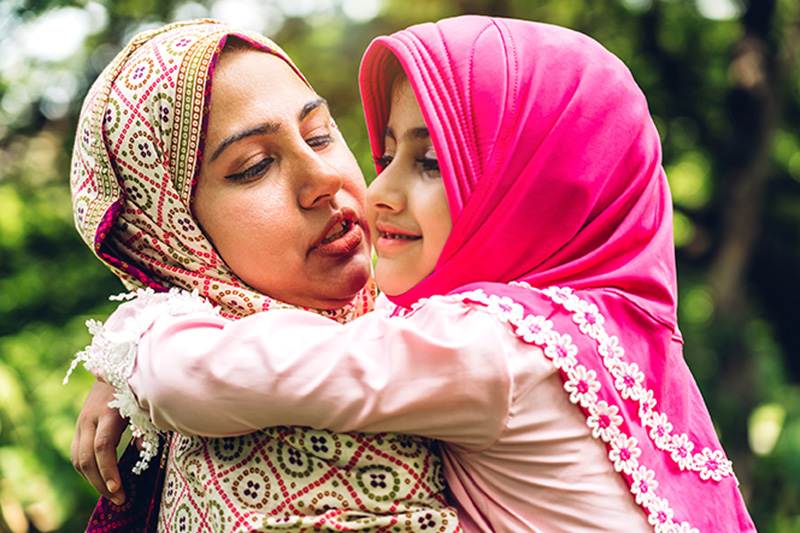
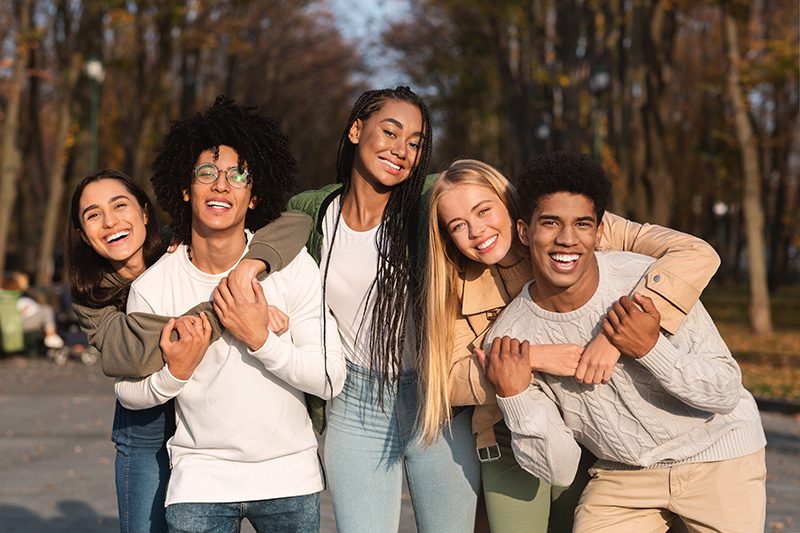
Presentations on healthy vs. unhealthy relationships and red flags of abuse for youth ages 12-18 in the HERO program, in the community, schools, teen clubs, organizations, and for adults who work with or have teens at home. Visit our Teen Talk page for more information.
Source womenshealth.gov
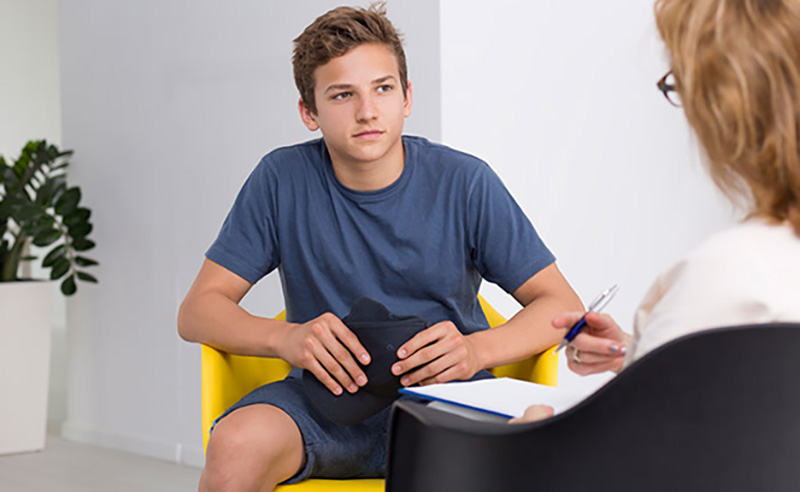
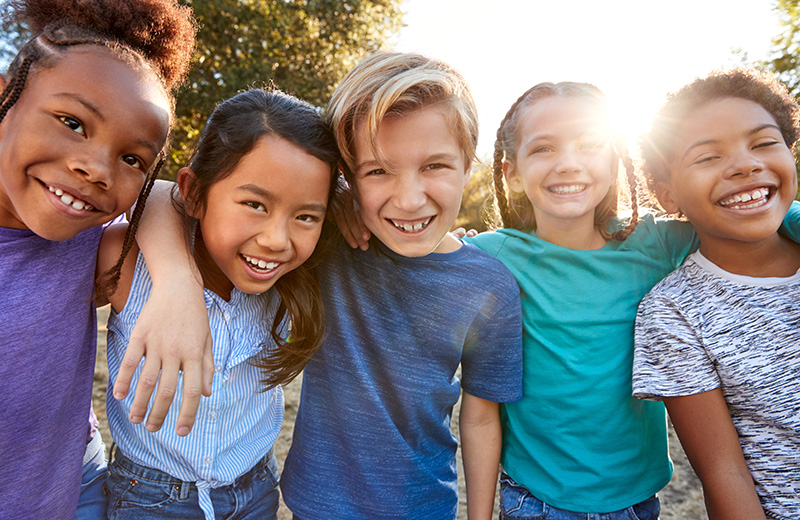
Although children may never forget what they saw or experienced during the abuse, they can learn healthy ways to deal with their emotions and memories as they mature. The sooner a child gets help, the better his or her chances are for becoming a mentally and physically healthy adult.
Is it better to stay in an abusive relationship rather than raise my children as a single parent?
Children do best in a safe, stable, loving environment, whether that’s with one parent or two. You may think that your kids won’t be negatively affected by the abuse if they never see it happen. But children can also hear abuse, such as screaming and the sounds of hitting. They can also sense tension and fear. Even if your kids don’t see you being abused, they can be negatively affected by the violence they know is happening.
The location of our shelter is not publicly shared for the safety of our clients.
Domestic Violence Crisis Line
704-283-7233
Sexual Assault Crisis Line
704-283-7770
Mailing Address
Turning Point, Inc.
PO Box 952
Monroe, NC 28111



